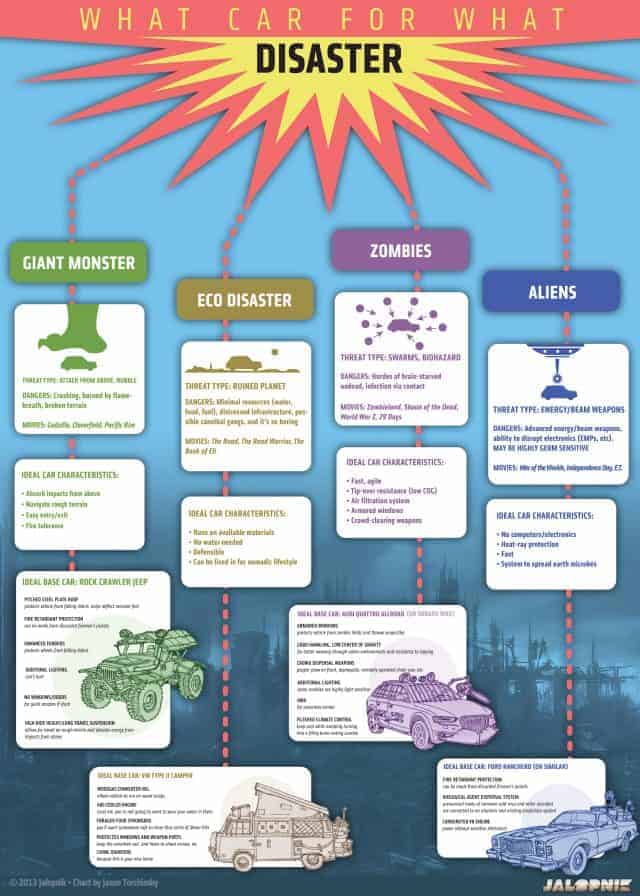The Future Of Home Home Heating - Just How Heatpump Technology Is Progressing
The Future Of Home Home Heating - Just How Heatpump Technology Is Progressing
Blog Article
Web Content By-David Kaae
Heatpump will certainly be a crucial modern technology for decarbonising heating. In https://www.digitaljournal.com/pr/5061929 with governments' introduced power and environment commitments, their worldwide capability increases by 2030, while their share in home heating rises to one-quarter.
They work best in well-insulated homes and rely upon electrical power, which can be provided from a sustainable power grid. Technological developments are making them more effective, smarter and cheaper.
Fuel Cells
Heat pumps use a compressor, cooling agent, coils and fans to relocate the air and heat in homes and home appliances. They can be powered by solar energy or electricity from the grid. They have been getting popularity due to their low cost, quiet operation and the capability to generate electricity during peak power demand.
Some firms, like IdaTech and BG MicroGen, are servicing gas cells for home heating. These microgenerators can replace a gas boiler and create some of a home's electric needs with a connection to the electrical energy grid for the rest.
Yet there are factors to be skeptical of using hydrogen for home heating, Rosenow states. It would be pricey and inefficient compared to various other modern technologies, and it would contribute to carbon exhausts.
Smart and Connected Technologies
Smart home innovation permits house owners to attach and manage their devices from another location with the use of smartphone apps. For example, wise thermostats can learn your heating preferences and automatically get used to optimize power consumption. Smart lights systems can be regulated with voice commands and automatically switch off lights when you leave the space, decreasing energy waste. And clever plugs can keep an eye on and manage your electric usage, enabling you to recognize and restrict energy-hungry home appliances.
The tech-savvy family depicted in Carina's interview is a great picture of just how residents reconfigure room home heating methods in the light of new clever home modern technologies. They count on the tools' automated attributes to execute daily adjustments and regard them as a hassle-free means of performing their home heating methods. Therefore, they see no factor to adjust their techniques better in order to enable adaptability in their home power need, and treatments targeting at doing so may face resistance from these houses.
Electricity
Given that heating homes make up 13% of US discharges, a button to cleaner options could make a large distinction. But the technology deals with challenges: It's pricey and needs considerable home improvements. And it's not constantly compatible with renewable energy sources, such as solar and wind.
Until lately, electric heat pumps were too expensive to compete with gas versions in the majority of markets. But new technologies in layout and products are making them extra inexpensive. And better chilly environment performance is enabling them to work well even in subzero temperatures.
The next action in decarbonising heating may be the use of heat networks, which draw heat from a main resource, such as a close-by river or sea inlet, and distribute it to a network of homes or buildings. That would certainly lower carbon exhausts and enable households to capitalize on renewable energy, such as environment-friendly electrical energy from a grid provided by renewables. This option would certainly be much less pricey than switching over to hydrogen, a nonrenewable fuel source that requires new facilities and would only lower carbon dioxide emissions by 5 percent if paired with boosted home insulation.
Renewable Energy
As power rates go down, we're beginning to see the same fad in home heating that has actually driven electrical autos right into the mainstream-- but at an also quicker rate. The solid climate situation for impressive homes has actually been pressed further by brand-new research.
Renewables represent a substantial share of contemporary heat usage, yet have been provided restricted policy focus globally contrasted to other end-use markets-- and even much less interest than power has. Partly, this shows a mix of consumer inertia, split rewards and, in lots of nations, aids for fossil fuels.
New modern technologies might make the change less complicated. For instance, heatpump can be made more power efficient by changing old R-22 cooling agents with brand-new ones that don't have the high GWPs of their precursors. Some specialists likewise imagine area systems that draw warmth from a neighboring river or sea inlet, like a Norwegian fjord. The cozy water can after that be made use of for cooling and heating in a community.